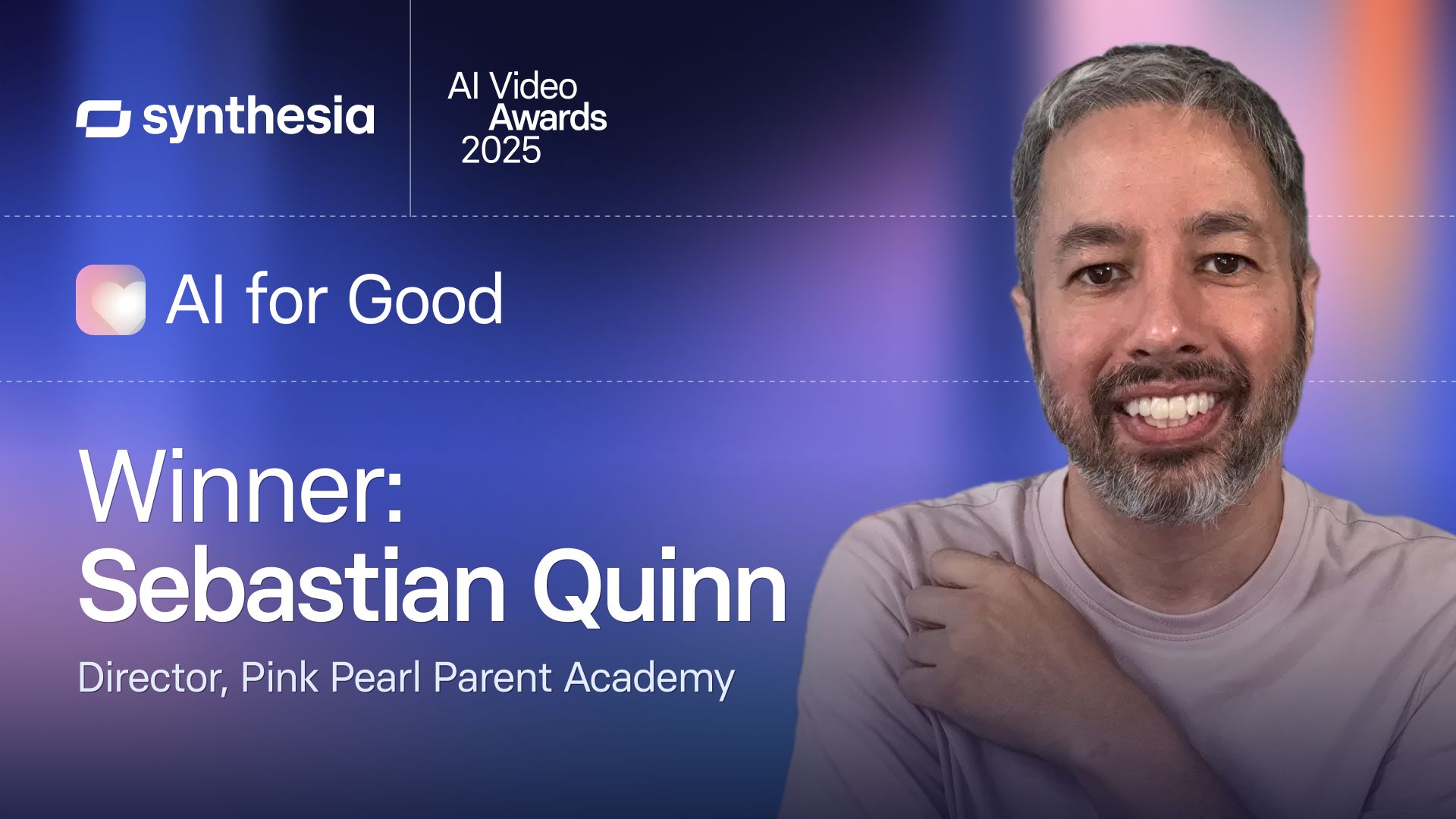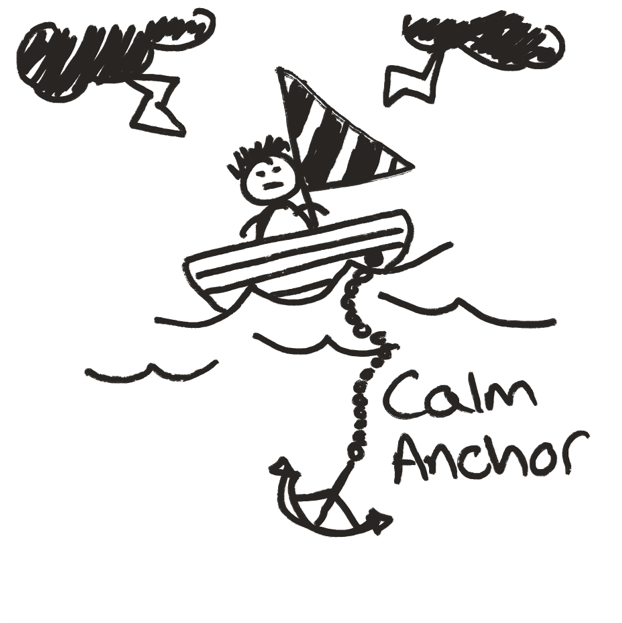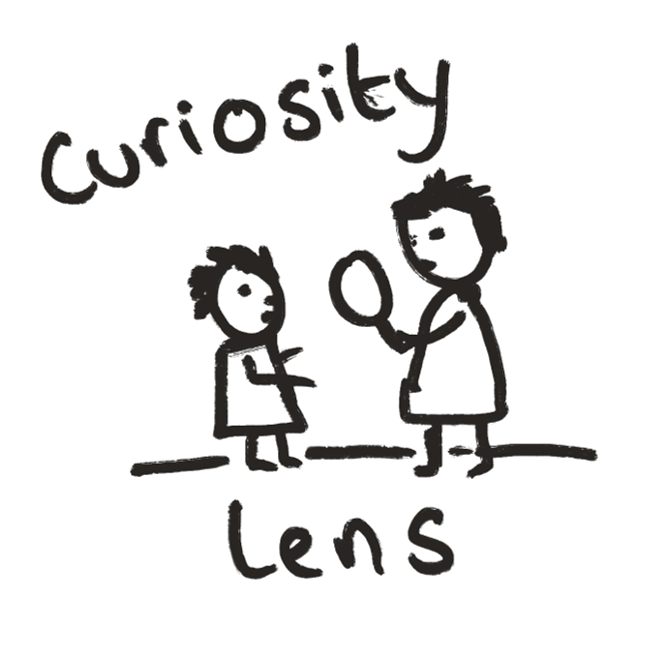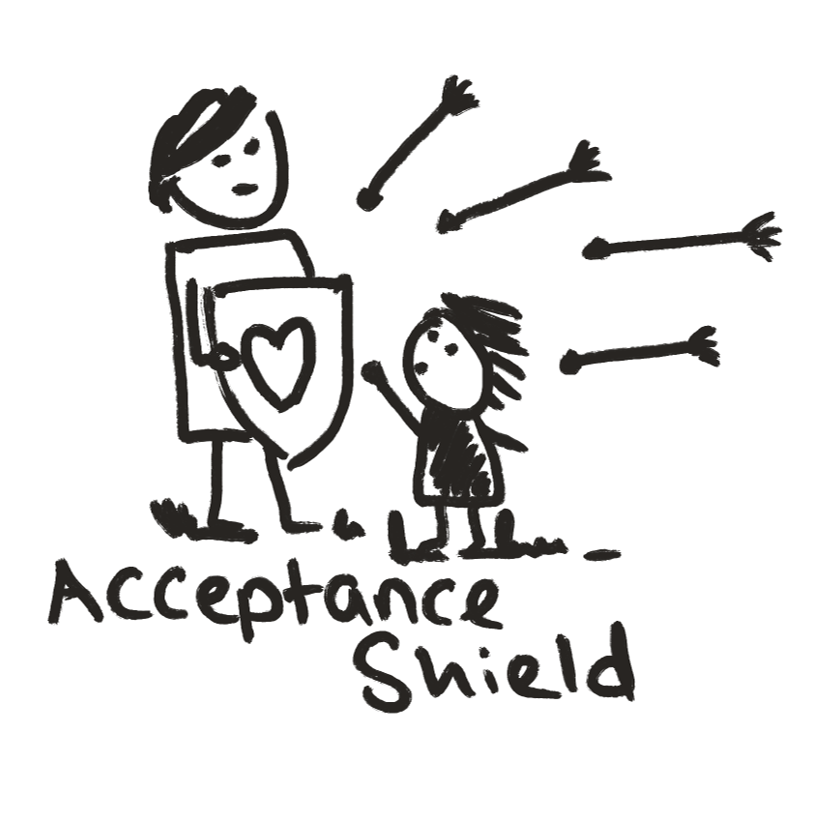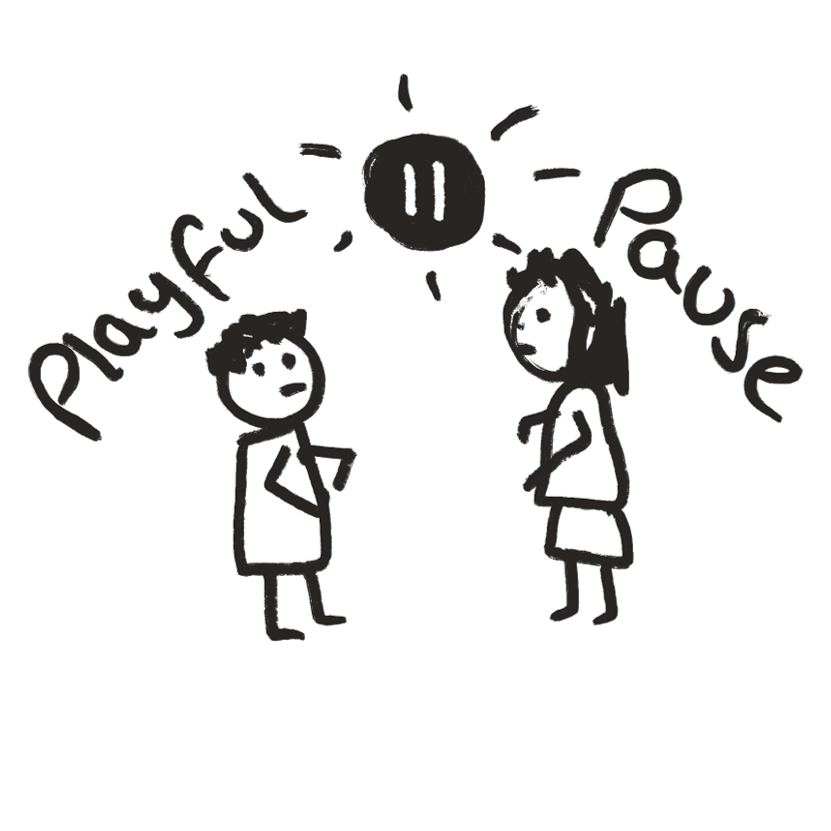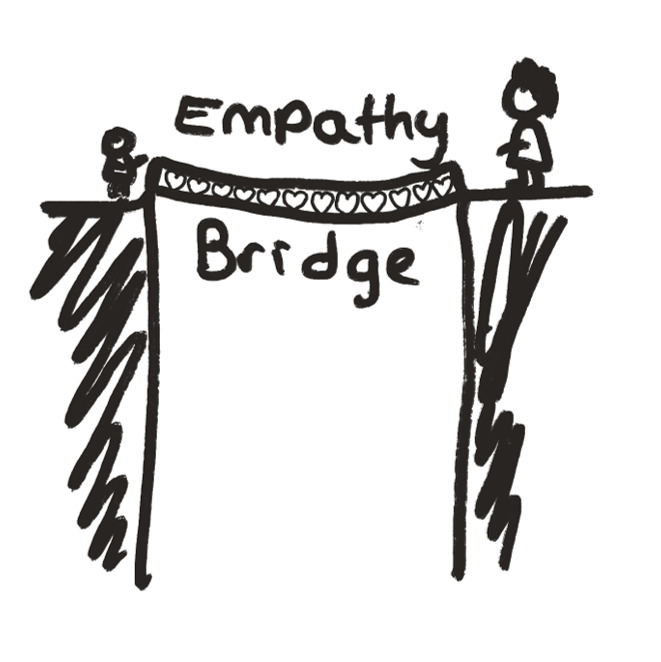Why is My Kid So Bossy?
Write your awesome label here.







Certification Included
If you're a foster carer or other professional working with children, this certificate is a record of your Continuous Professional Development (CPD).
CPD Minutes: 30
CPD Minutes: 30
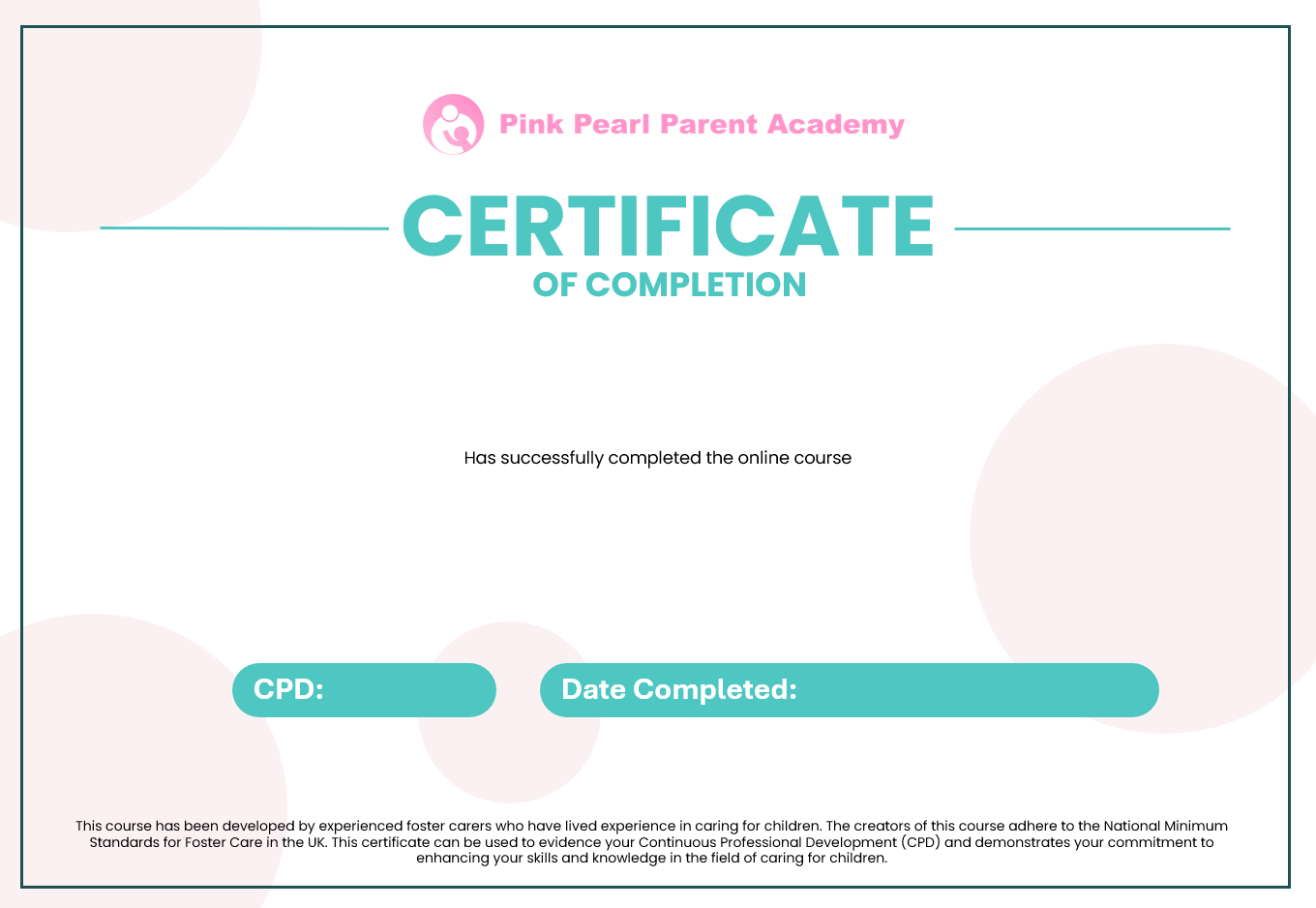
How This Course Meets the UK's National Minimum Standards (NMS) for Fostering Services
How This Course Supports the UK's Training, Support & Development Standards (TSD) for Foster Care
What's in the course?
IF YOU LIKE A GOOD read
Recommended Reading and Resources
"The Whole-Brain Child" by Daniel J. Siegel and Tina Payne Bryson
This book offers 12 revolutionary strategies to nurture a child's developing mind, explaining how neurological development impacts behaviour and how parents can encourage healthy emotional and intellectual growth.
"Attachment-Focused Parenting" by Daniel A. Hughes
This book provides guidance on building a secure attachment with your child, especially important for children who have experienced trauma or attachment disruptions.
"Parenting a Child Who Has Experienced Trauma" by the American Academy of Pediatrics
A resource offering insights into how trauma affects children and practical strategies for supporting healing and resilience.
"Trauma Through a Child's Eyes" by Peter A. Levine and Maggie Kline
This book explores the impact of trauma on children and offers guidance on how to recognise and heal traumatic experiences.
Read more
"Beyond Consequences, Logic, and Control" by Heather T. Forbes and B. Bryan Post
This book discusses trauma-informed approaches to parenting, focusing on love and connection rather than punishment.
"No-Drama Discipline" by Daniel J. Siegel and Tina Payne Bryson
Offers strategies for effective discipline that fosters development and strengthens the parent-child relationship.
"Building the Bonds of Attachment" by Daniel A. Hughes
A guide to developing healthy attachments with children who have experienced trauma and attachment issues.
The National Child Traumatic Stress Network (NCTSN)
An organisation dedicated to improving access to care for children and adolescents exposed to traumatic events. Their website offers resources for parents and caregivers.
Child Mind Institute
A non-profit organisation providing resources on children's mental health issues, including anxiety, trauma, and behaviour problems.


